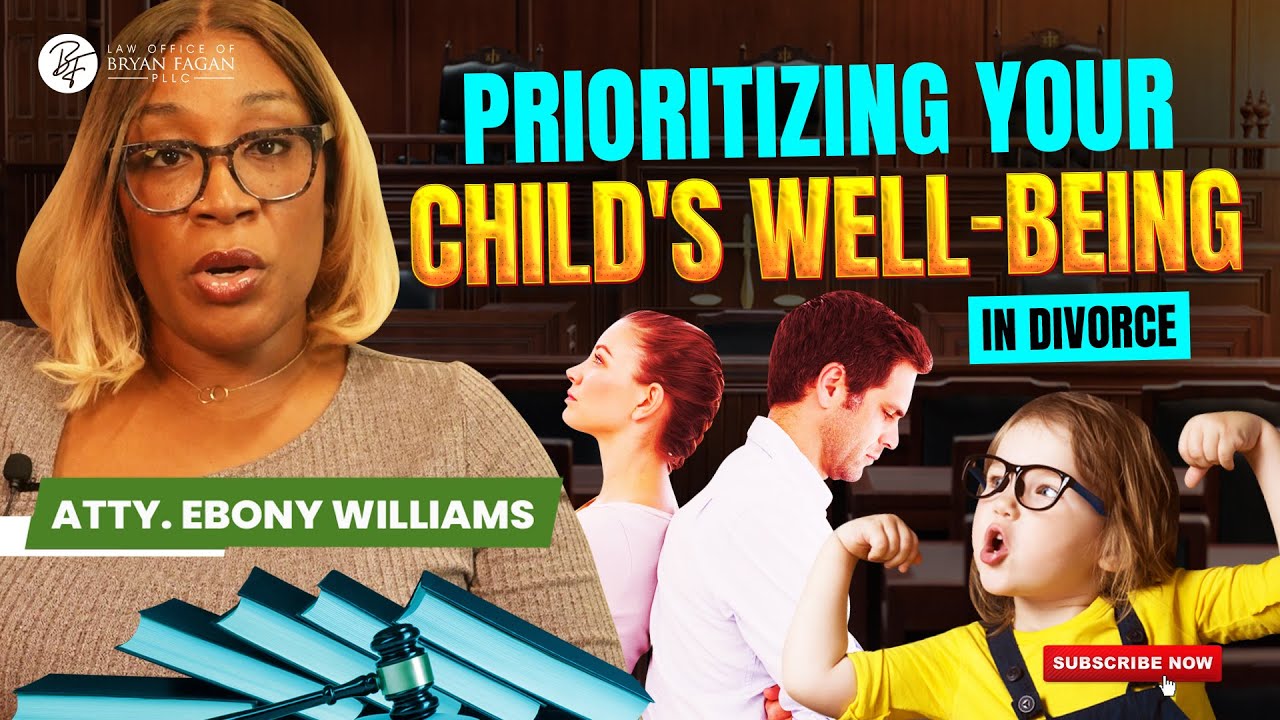Prioritizing Your Child’s Well Being in Divorce
Home / Video Center / Family Law / Prioritizing Your Child’s Well Being in Divorce
Embark on a journey towards prioritizing your child’s well-being during divorce. Join us as we delve into strategies, expert insights, and emotional support to ensure a child-centric approach through the challenging process.

